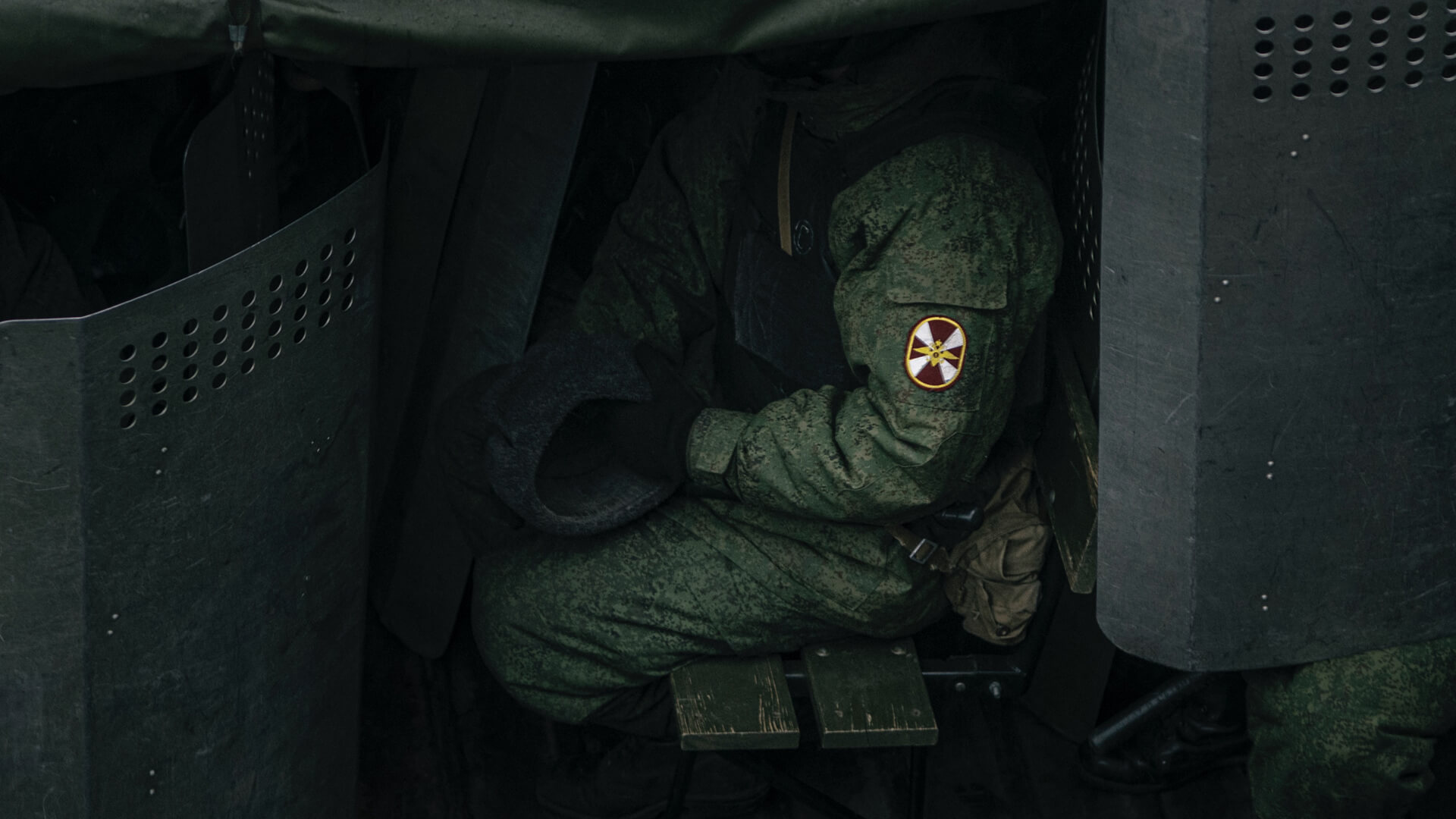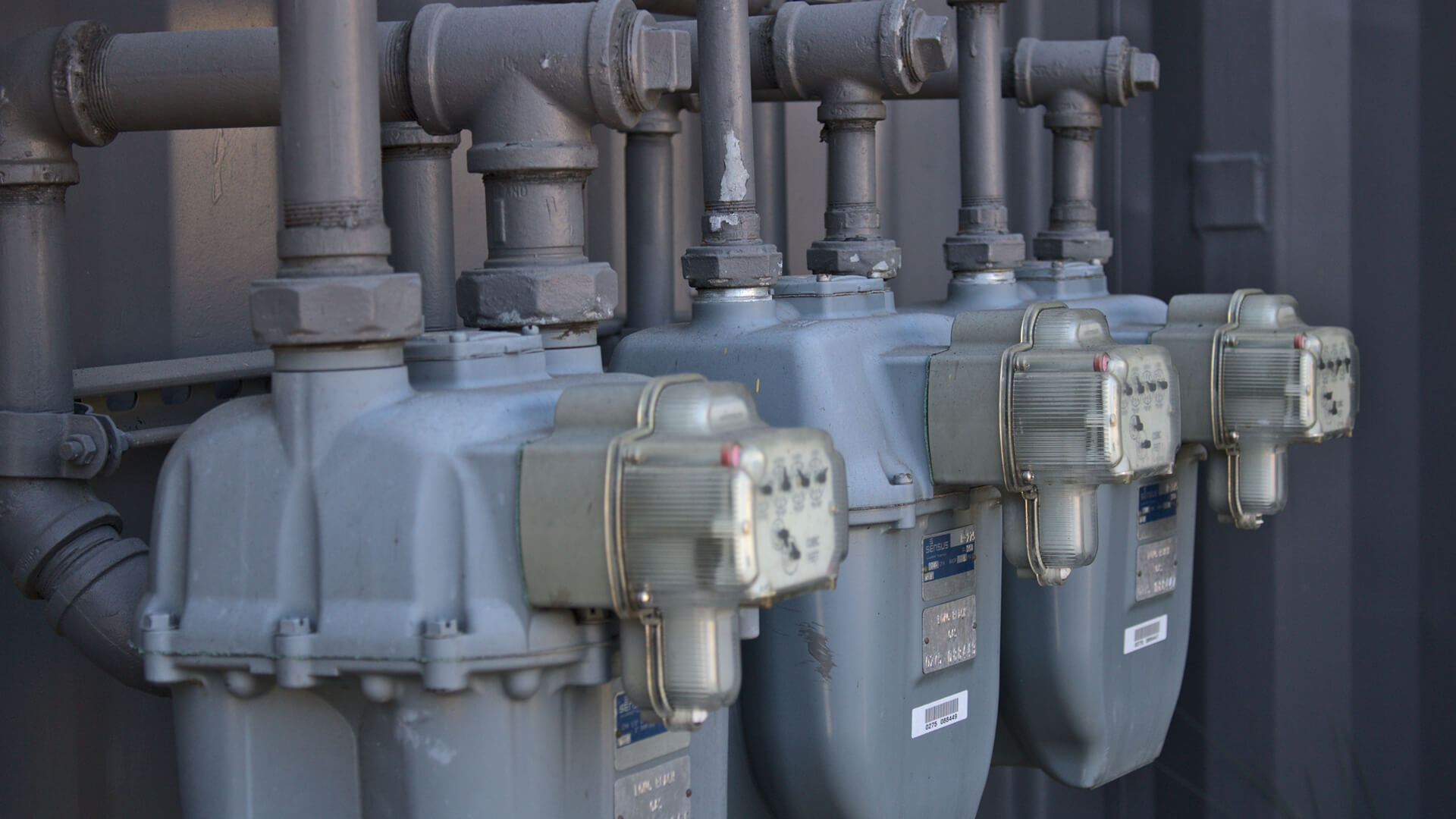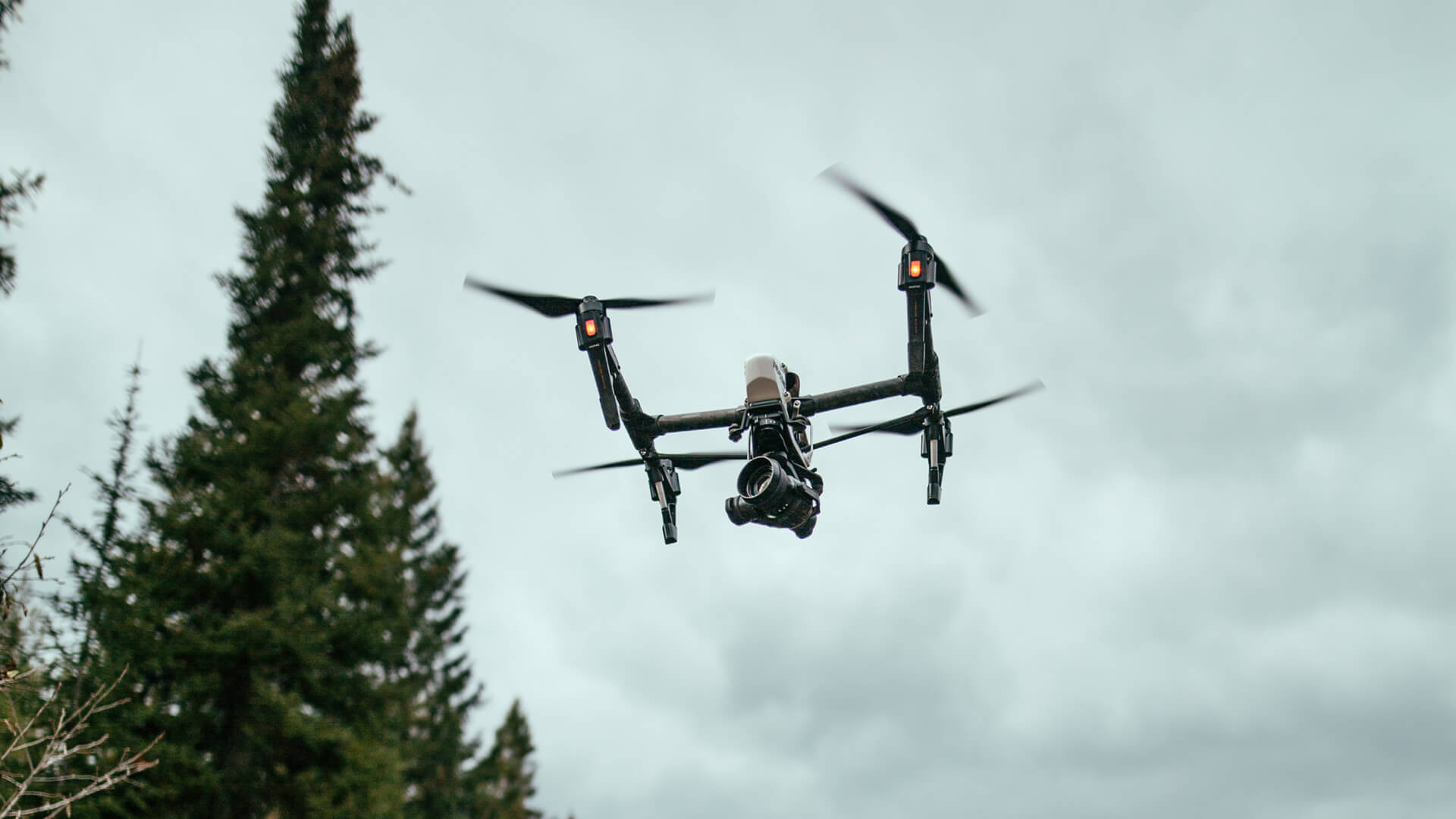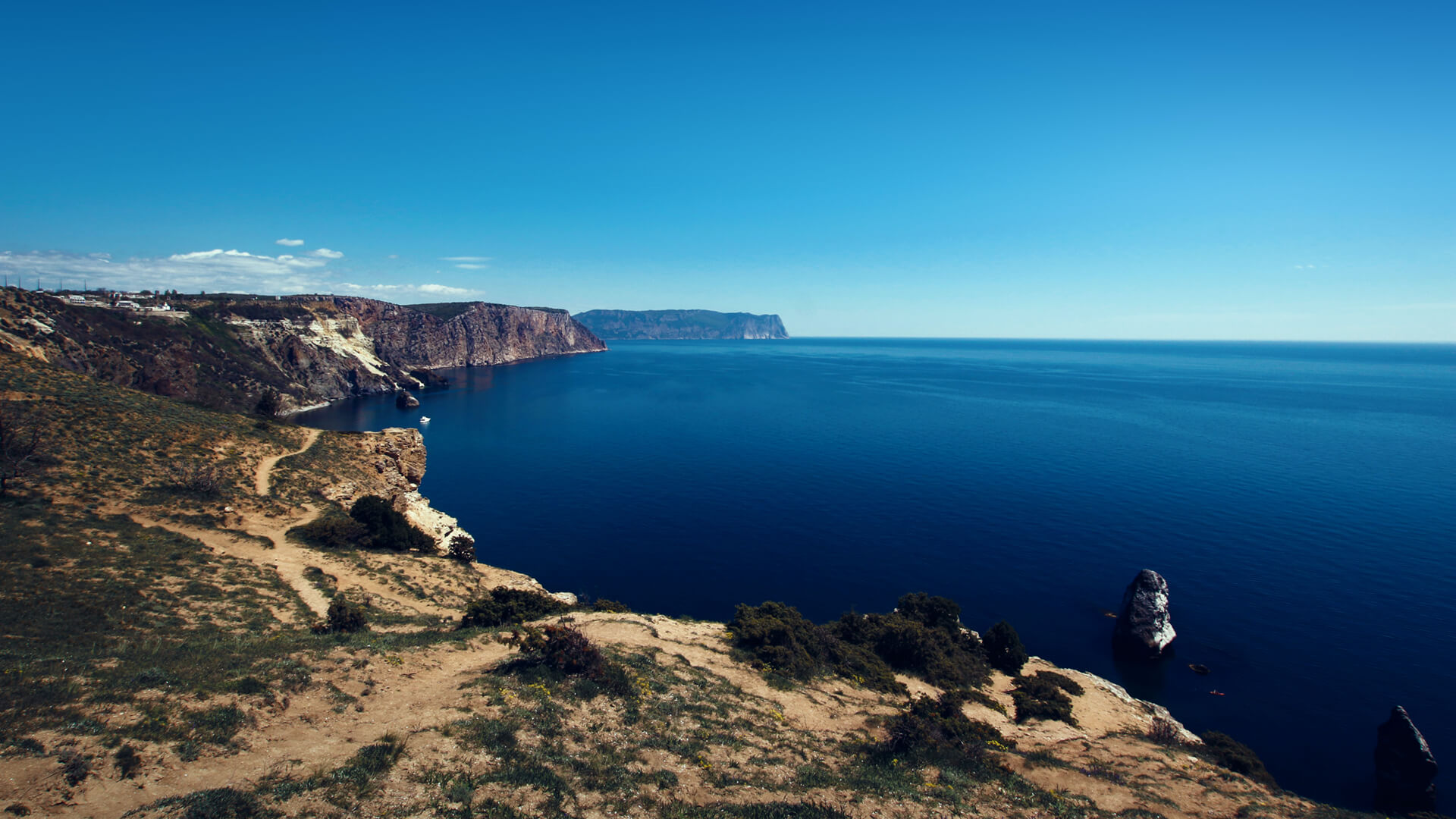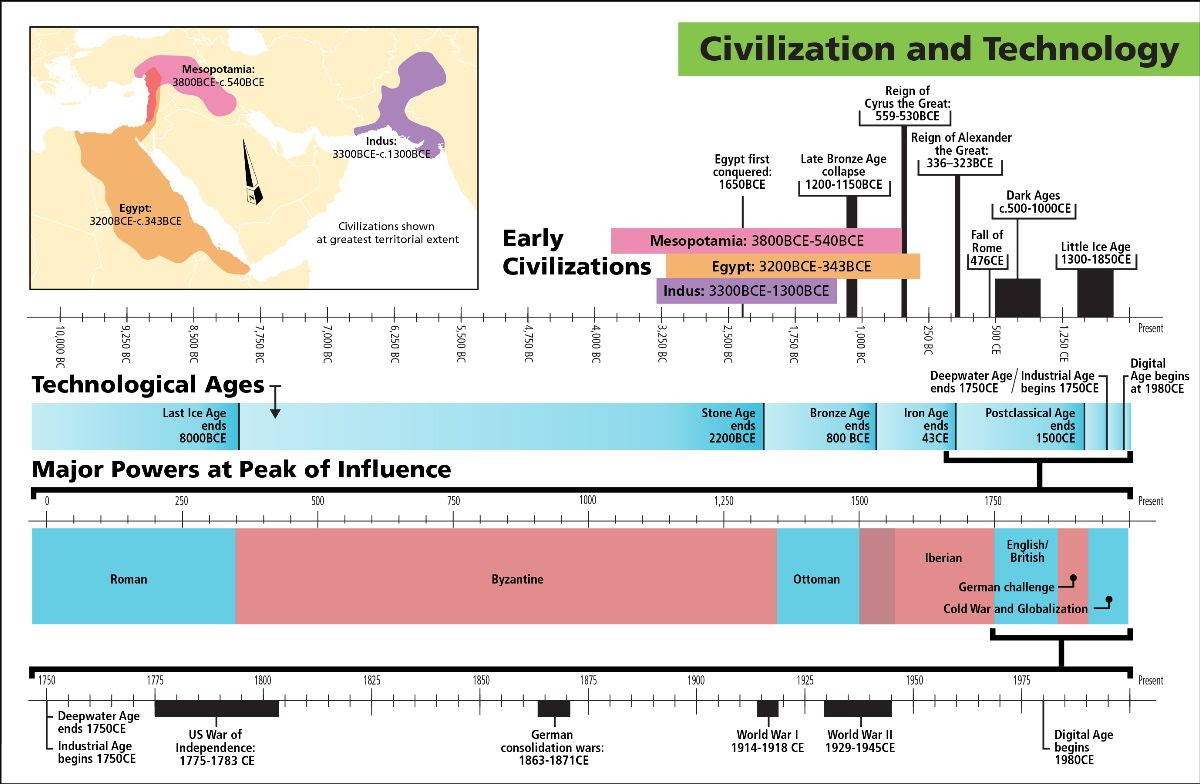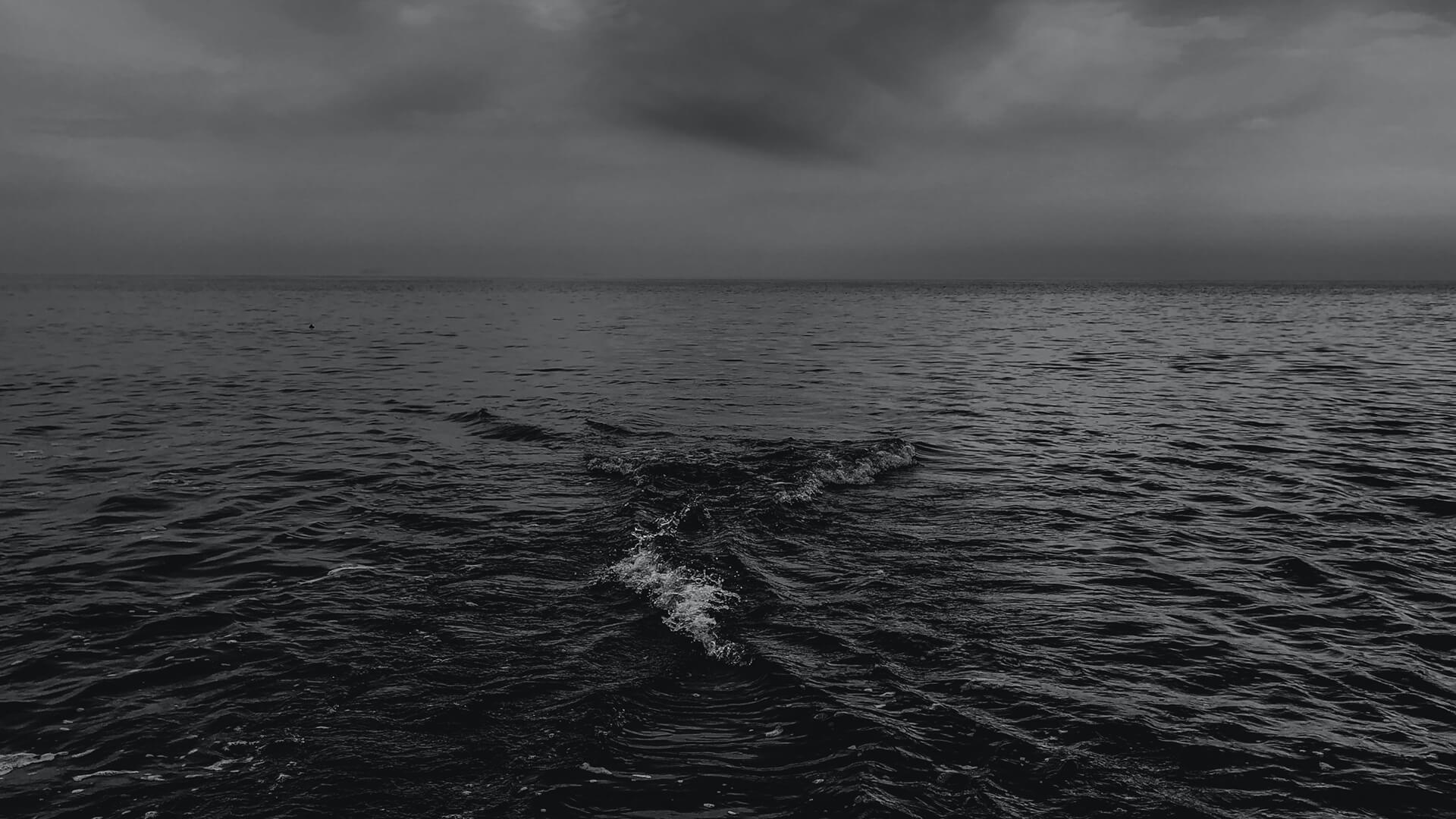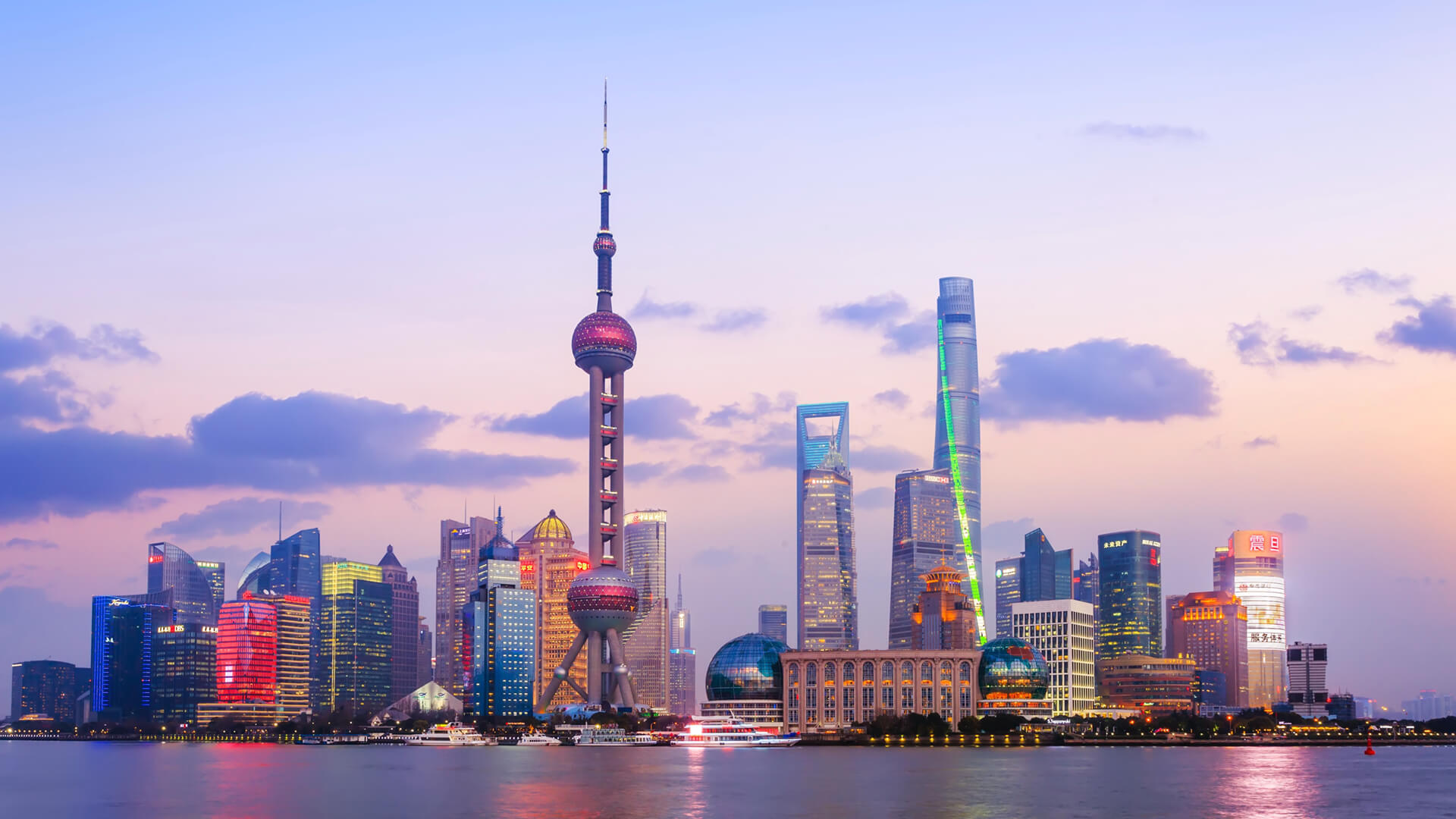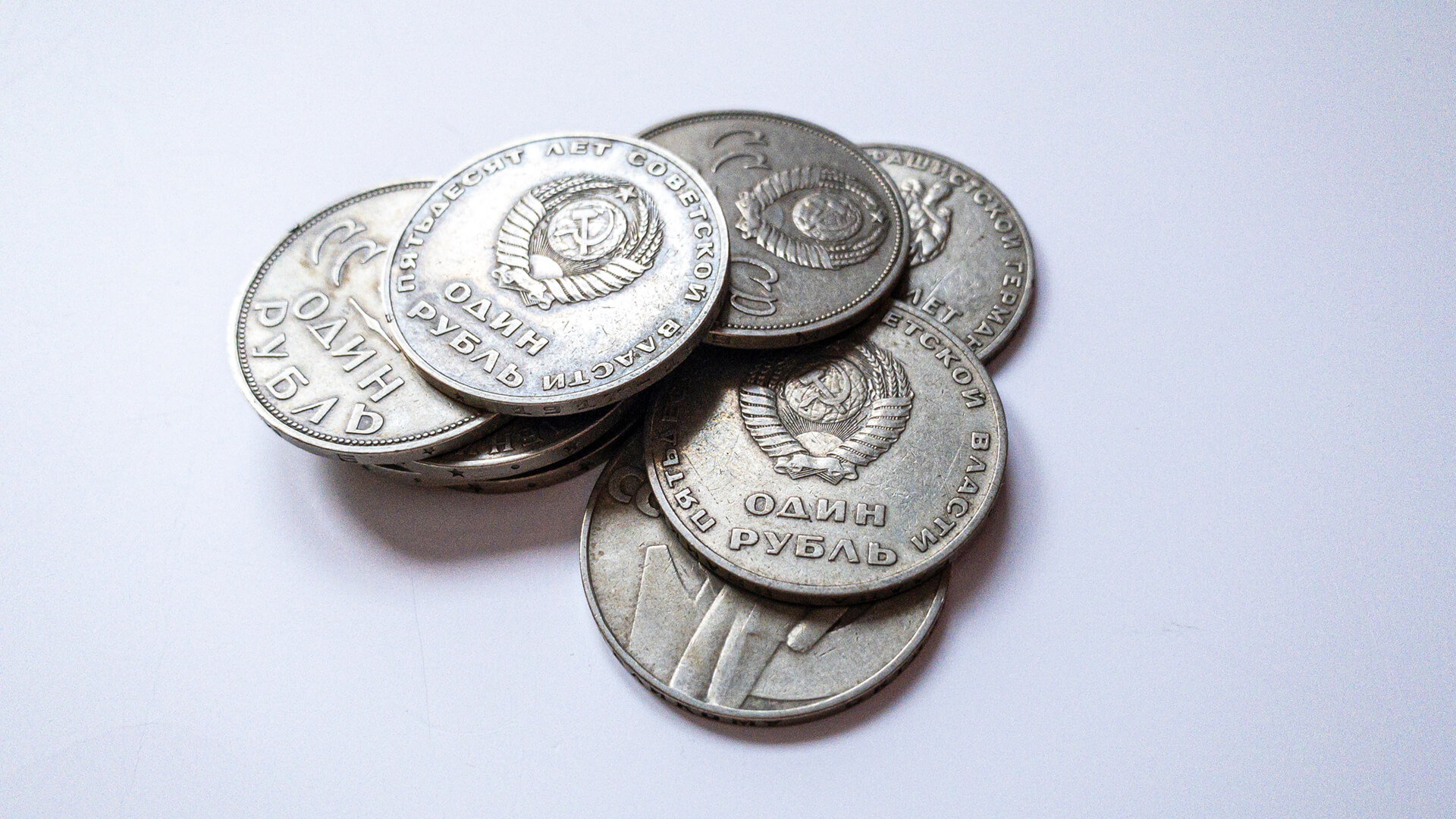The Russian military has abandoned any hope of local Ukrainians viewing them as welcome liberators or Slavic cousins. And so too has the Russian military abandoned any pretense of trying to limit civilian casualties. Russian military strategy in Ukraine–decried early on as a logistical quagmire and proof of Moscow’s status as a paper tiger–created one set of lessons for the Americans and other backers of Ukraine’s army (something we’ve touched on here).
But the changing strategic landscape has created another set of lessons for Russia’s military itself. Moscow is now moving decidedly toward eliminating civilian infrastructure and, increasingly, civilians themselves. As of writing, nearly half of Ukraine’s population are now refugees, internally displaced, or trapped in place under active fire. Russia’s invasion of Ukraine has quickly become the largest mass refugee event in human history.
To that end, we would like to both remind our followers that we are working to bring attention to aid groups like the Afya Foundation, as well as thank all of your for the incredible generosity and commitment you have already shown. The Afya Foundation works to deliver donated medical supplies from the United States directly to refugees in and around the Ukrainian conflict. As the Russian military continues to escalate its targeting of civilians and civilian infrastructure, Afya is working with medics and other volunteers to deliver necessary medical supplies within Ukraine.
Here at Zeihan On Geopolitics we select a single charity to sponsor. We have two criteria:
First, we look across the world and use our skill sets to identify where the needs are most acute. Second, we look for an institution with preexisting networks for both materials gathering and aid distribution. That way we know every cent of our donation is not simply going directly to where help is needed most, but our donations serve as a force multiplier for a system already in existence. Then we give what we can.
Today, our chosen charity is a group called Medshare, which provides emergency medical services to communities in need, with a very heavy emphasis on locations facing acute crises. Medshare operates right in the thick of it. Until future notice, every cent we earn from every book we sell in every format through every retailer is going to Medshare’s Ukraine fund.
And then there’s you.
Our newsletters and videologues are not only free, they will always be free. We also will never share your contact information with anyone. All we ask is that if you find one of our releases in any way useful, that you make a donation to Medshare. Over one third of Ukraine’s pre-war population has either been forced from their homes, kidnapped and shipped to Russia, or is trying to survive in occupied lands. This is our way to help who we can. Please, join us.

